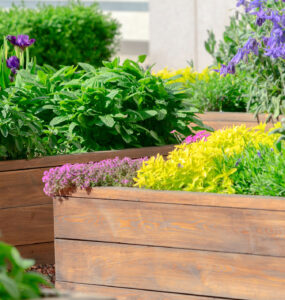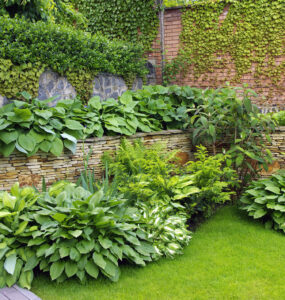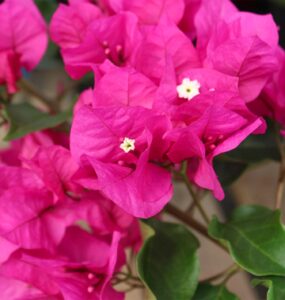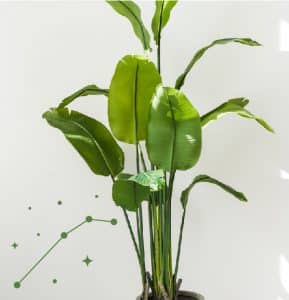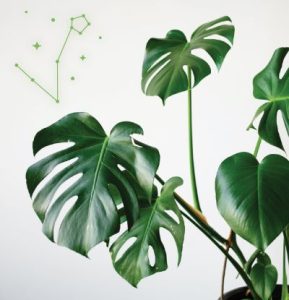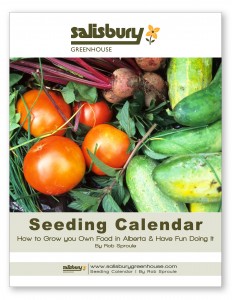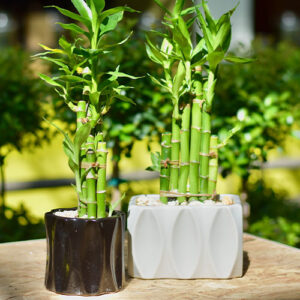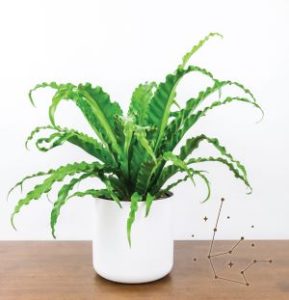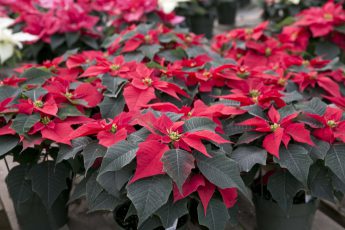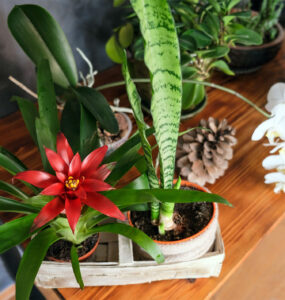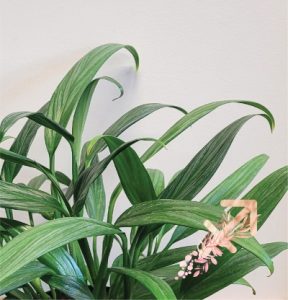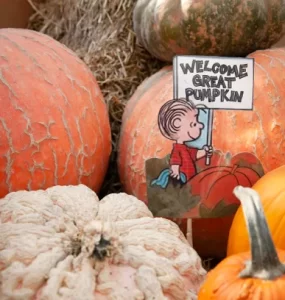
The Social Network in Your Garden
Do Plants Really Talk?
How Do Plants Communicate?
Volatile Organic Compounds (VCOs)
Mycelium
“The most important thing in communication is hearing what isn’t said.”
Peter Drucker
With everything in an online, interconnected cloud these days, it’s hard to imagine anything being completely on its own anymore. It’s as simple for us to connect with anyone as the push of a button, and connection is always at our fingertips. We’re not the only lifeforms with a complex, intricate web of communication, though. In fact, our plants may be just as linked-in as we are.
Do Plants Really Talk?
The short answer is – yes! Well, sort of… I’m not saying your plants have a secret language they whisper out of earshot when you’re not around. They certainly don’t talk the same way we do. We’re confined by the limitations of words and vocal chords, while our plants have mastered the art of speaking without words.
For the sci-fi nerds out there it’s either reassuring or disappointing that they’re not using telepathy or any supernatural means to chat away. While that would be the discovery of the century, the reality is a much more complicated combination of chemistry and biology.
How Do Plants Communicate?
The way plants communicate has been the focus of horticulturalists and PhD candidates for decades. You don’t need a doctorate to understand in intricacies of the plant languages, though. Here’s the basics:
Essentially, plants have the ability to emit organic compounds that give off signals to the plants around them. Think of it like fancy plant pheromones. When a plant is trying to communicate, it will releases these chemicals into the air or soil, where the other plants near them will find it and take the signal. They do this in two ways: VCOs and Mycelium.
Dig in with Alberta’s Best Gardening Blog for more interesting plant facts!
Volatile Organic Compounds (VCOs):
VCOs are are airborne chemicals that travel through the air for neighbouring plants to pick up. Specifically, they are released when a plant is in distress from disease, infestation, exposure, or damage. They let the plants around them know that something is coming that could damage them, too, so they better up their defences.
If a pest comes to munch away on a poor plant, the plant emits a pheromone-like compound that warns the other plants what is happening. When these nearby plants get the news, they ramp up security themselves to keep themselves from becoming the next victim.
For example, if an aphid were attacking, these unaffected plants will release a chemical designed to make them less attractive to the little bugs, but more attractive to natural aphid predators, like wasps.
Mycelium:
Mycelia are complex structures that make up something not so complicated at all: fungus. You can find them not only in mushrooms, but you may have also seen them crawling around on your fruits and veggies. The little, fuzzy growth that frosts your edibles after too long in the crisper drawer? It may look like a nasty substance you want to be rid of immediately, but it is actually a gorgeous network of cells with the potential to bring plants together.
Studies have shown that these spider web structures will actually team up with the roots of plants, connecting them with the roots of nearby plants. In doing so, they create a mutually beneficial relationship where the mycelium takes advantage of the plant’s water and nutrient collection, while the plants use the network as an information highway to pass messages to their neighbours.
Much like what happens with VCOs, mycellia will pass along the plant’s warning signals of distress from the roots through their branches, known as hyphae. This works below the soil surface and isn’t subject to the fickleness of wind patterns.
As fancy as Facebook may be, plants have naturally developed their own, integral social network that not only keeps them alive, but helps them to thrive. Saving their breath on the small stuff, they pass along essential survival skills to keep your garden fresh and fabulous. Pretty and smart, your plants prove once again that they deserve a place in your life and your yard.

